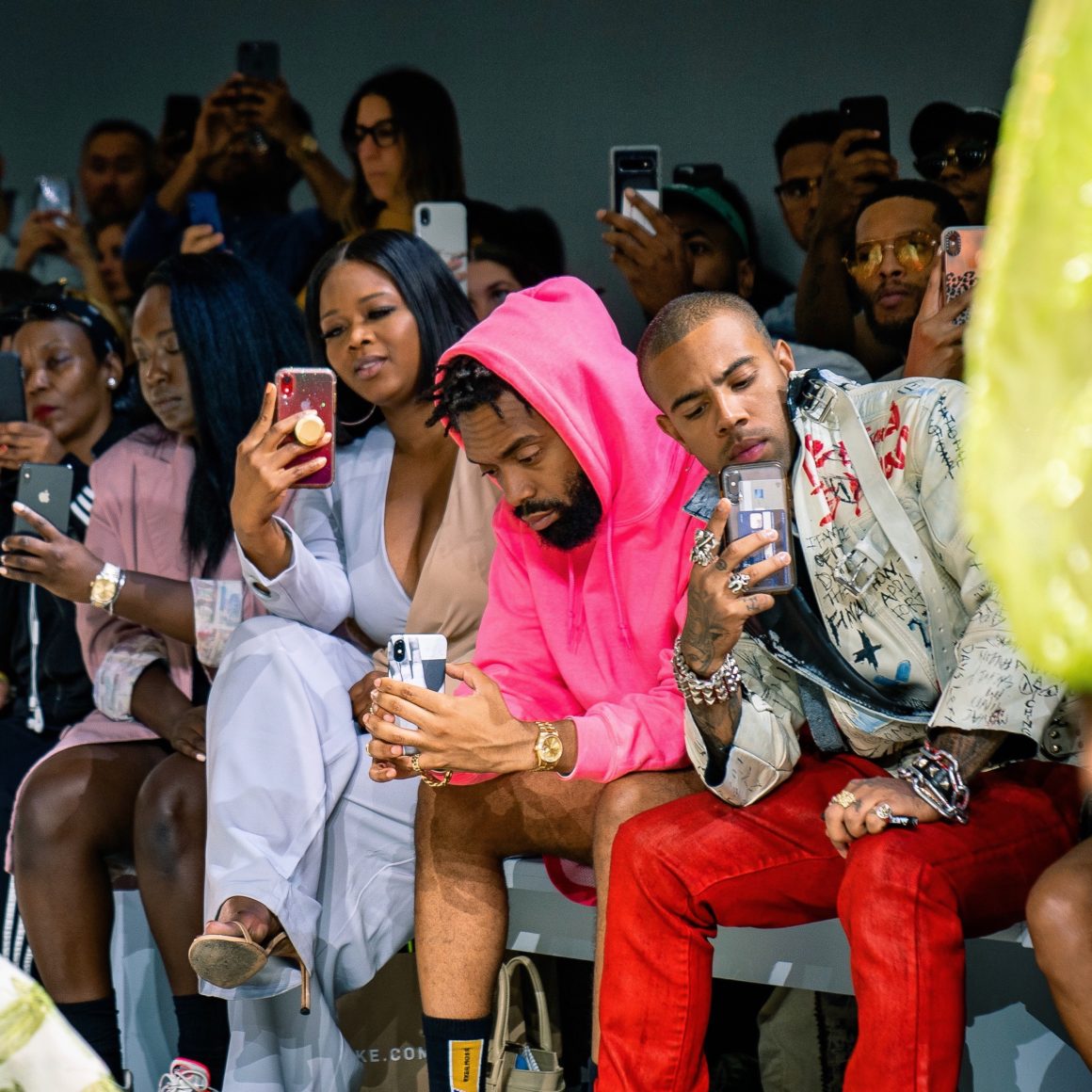
What a time it is to be a Black Person in the Fashion Industry!
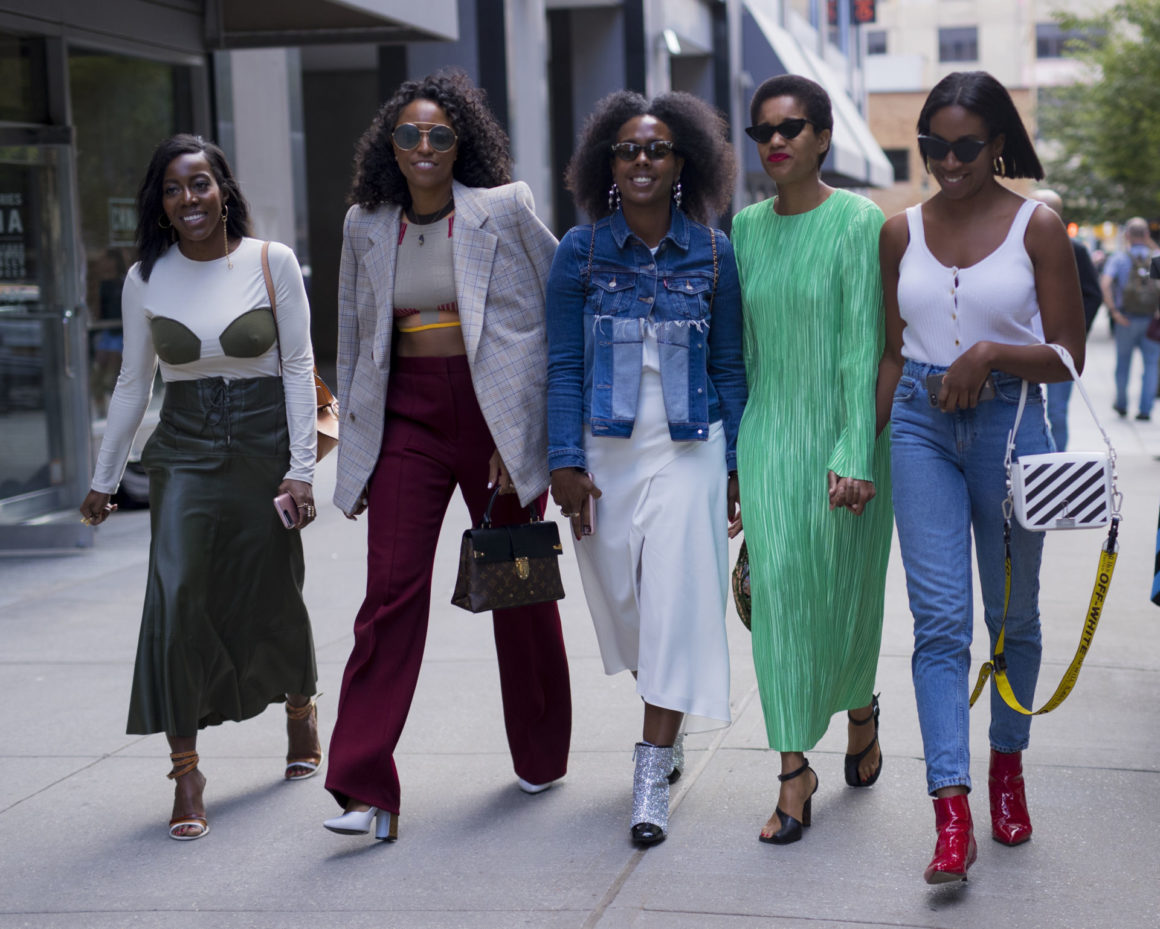
The Black Lives Matter movement thrust a spotlight on racist practices in every country, city, and industry. Of course the fashion world was not immune. Andre Leon Talley unwittingly lit the match with his Chiffon Trenches tome, and afterwards everything seemed to explode with former workers from every corner of the style industry from media to retail to corporate revealing discriminatory practices (we wrote about it here).
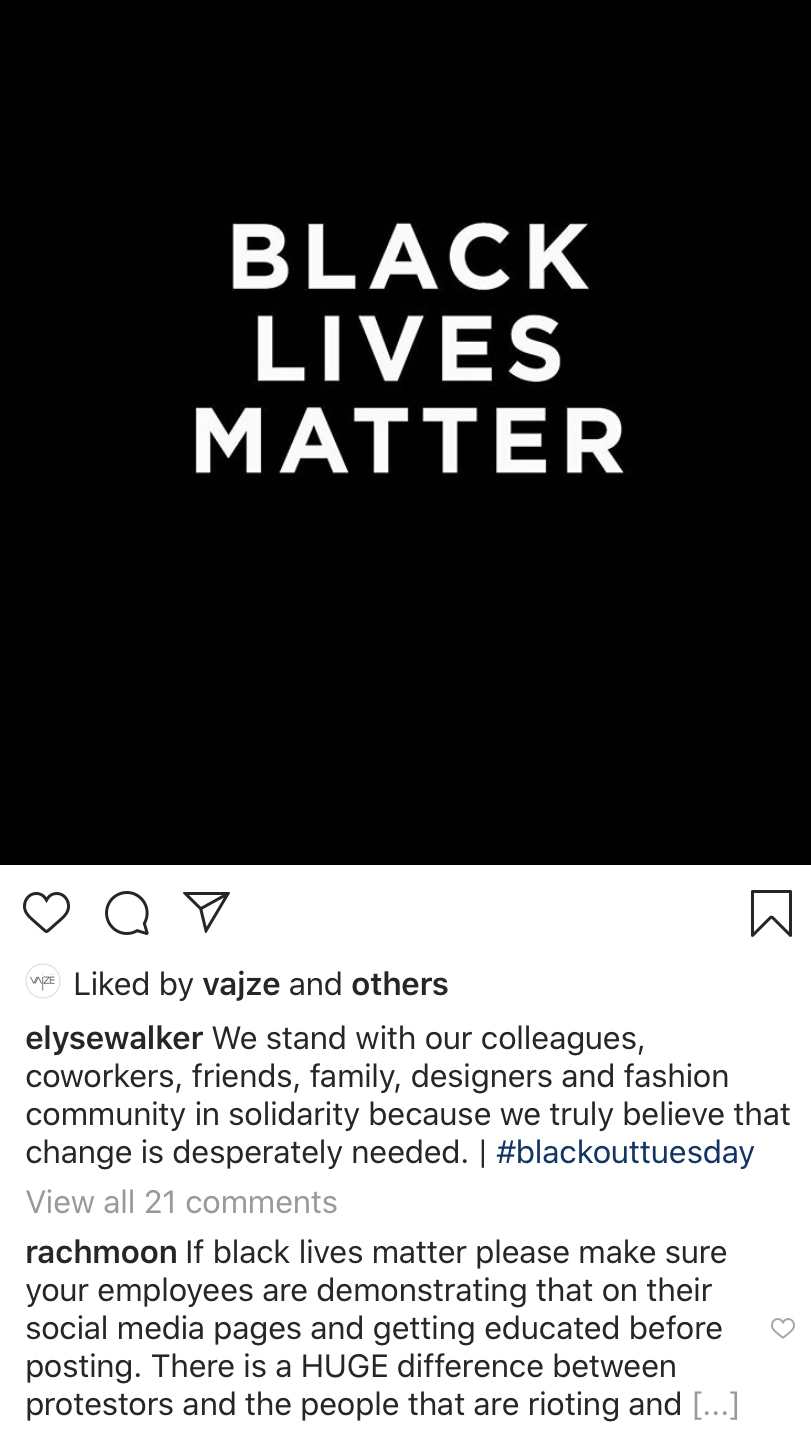
What followed? Lots of black squares, apology posts from fashion brands, and promises to do better. Fashion Bomb Daily reached out to some of the companies accused of the most egregious errors (Revolve, Anthropologie, and Bando). Guess what? No response.
But even in the midst of the same old, same old, we have seen several advances. Lindsay Peoples Wagner (Teen Vogue EIC who famously penned an article on what it’s like to be Black in Fashion for New York Magazine) and publicist Sandrine Charles launched the Black in Fashion Council, writing, “The Black in Fashion Council was founded to represent and secure the advancement of black individuals in the fashion and beauty industry. As a collective, we envision a world in which black people in fashion and beauty spaces can be open and honest, guaranteed equal rights, and be celebrated for our voices.”
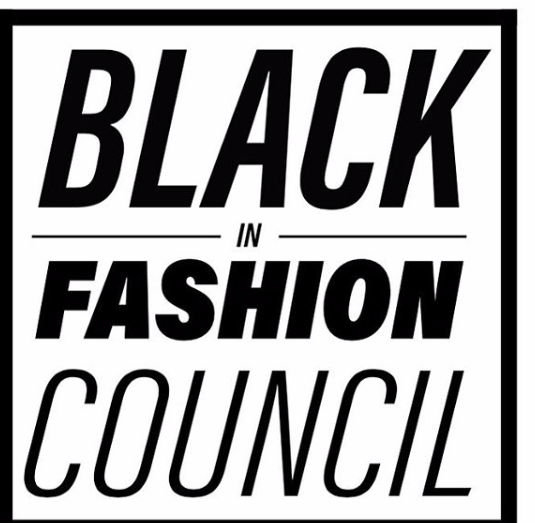
Other initiatives include the 15% pledge, founded by Aurora James of Brother Vellies, requesting large retailers to pledge 15% of their shelf space to black designers (Sephora and Rent the Runway have already signed on). Read more at 15PercentPledge.org.
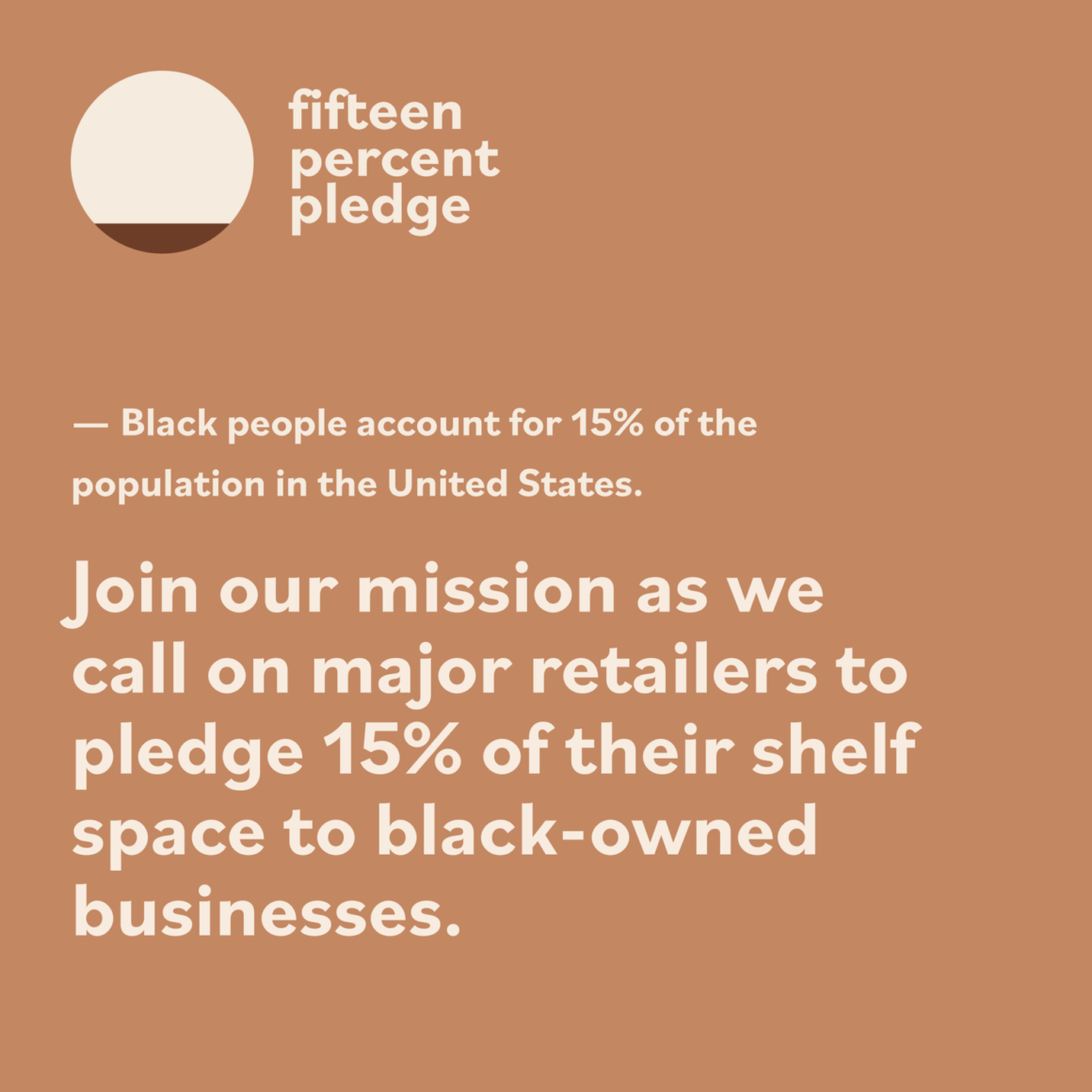
In addition, Kanye West just announced a collaboration with The GAP. The creative director will be Nigerian born British based Mowalola Ogunlesi of the brand Mowalola:
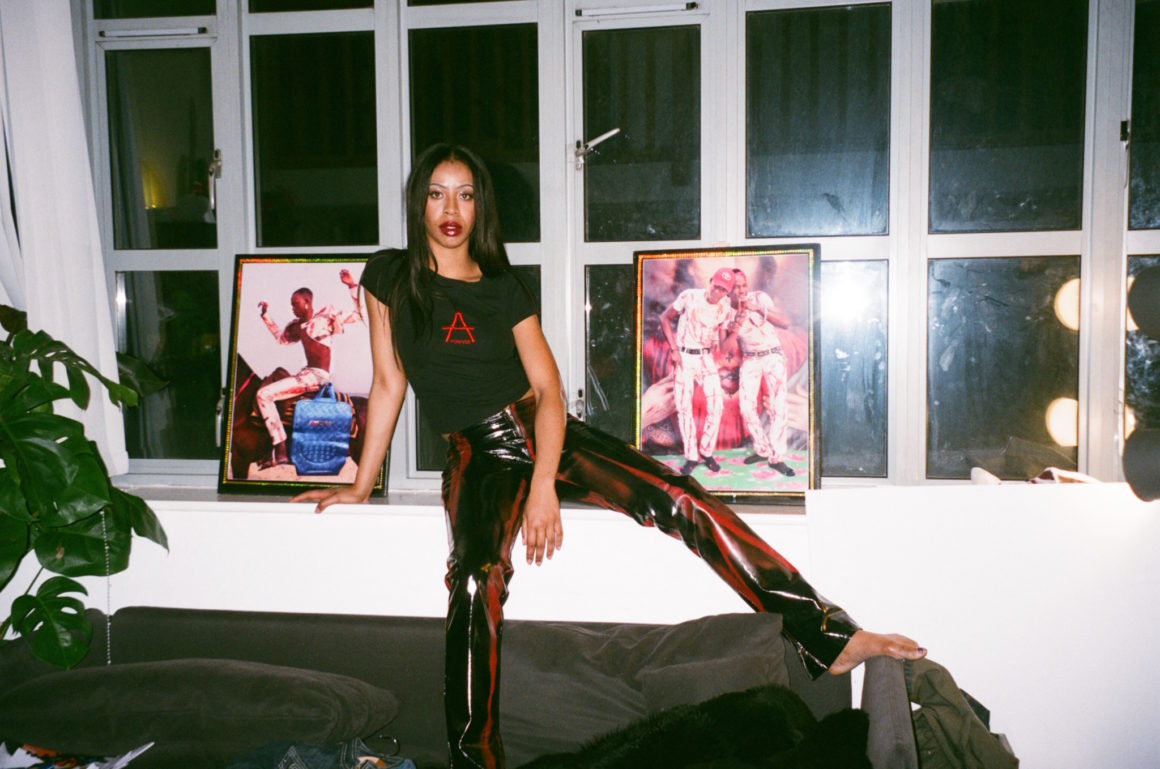
And we have influential people like Virgil Abloh publicly committing to support black talent. Abloh told Fast Company, “I believe there’s going to be a Black Renaissance…Before I felt very alone in this struggle, but now, people are ready for change. The atmosphere is different.” We agree.
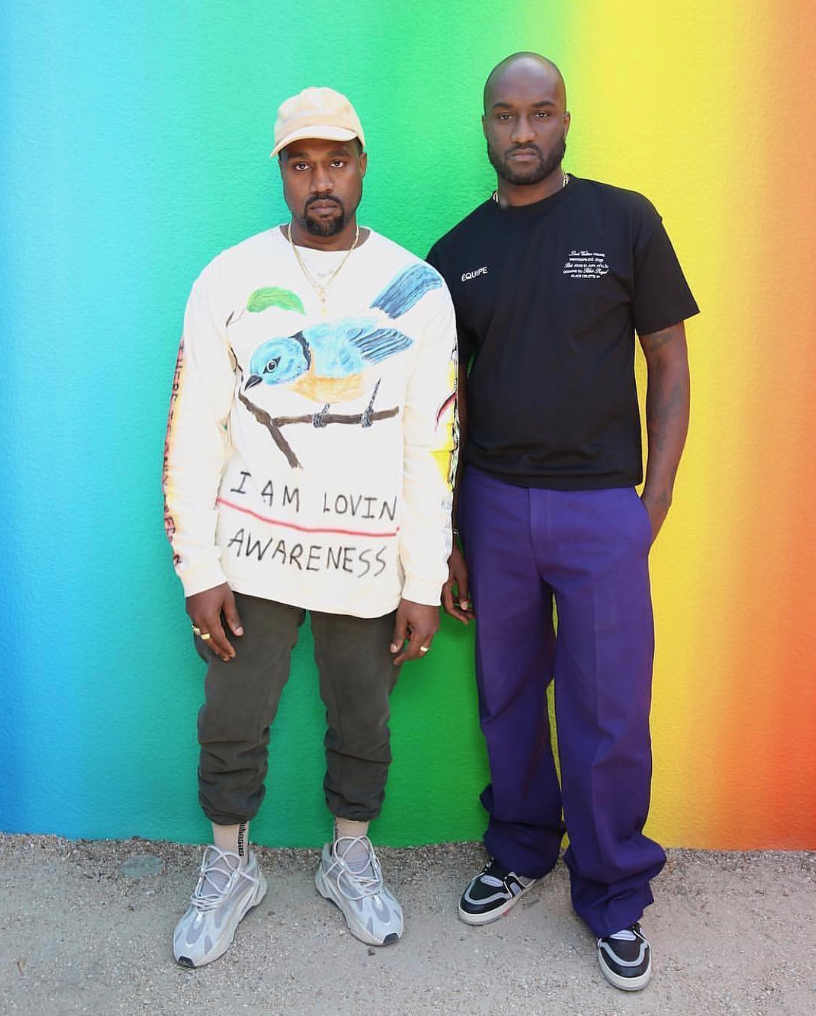
This all portends very favorably for diversity and inclusion in the fashion industry. Unlike generations of the past, those in our community seem more willing and able to open the doors for those on the side and behind them. They’re able to pull up a seat at the table.
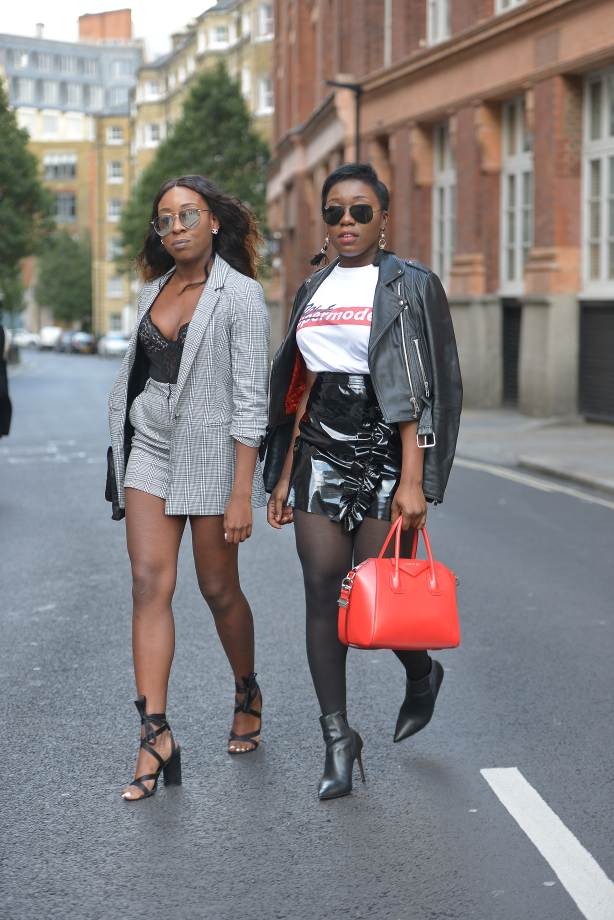
We’ll continue to report on the progress of the movement.
Our sincere hope is progress for black creatives in fashion. If you have a dream to excel, your skin color should not be a deterrant.
What do you think?
